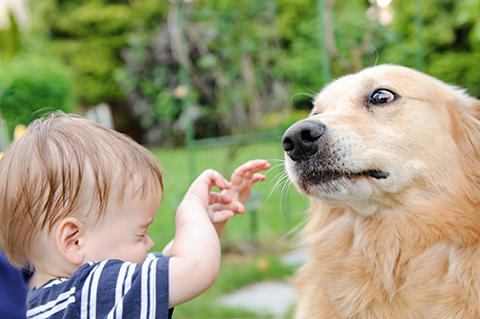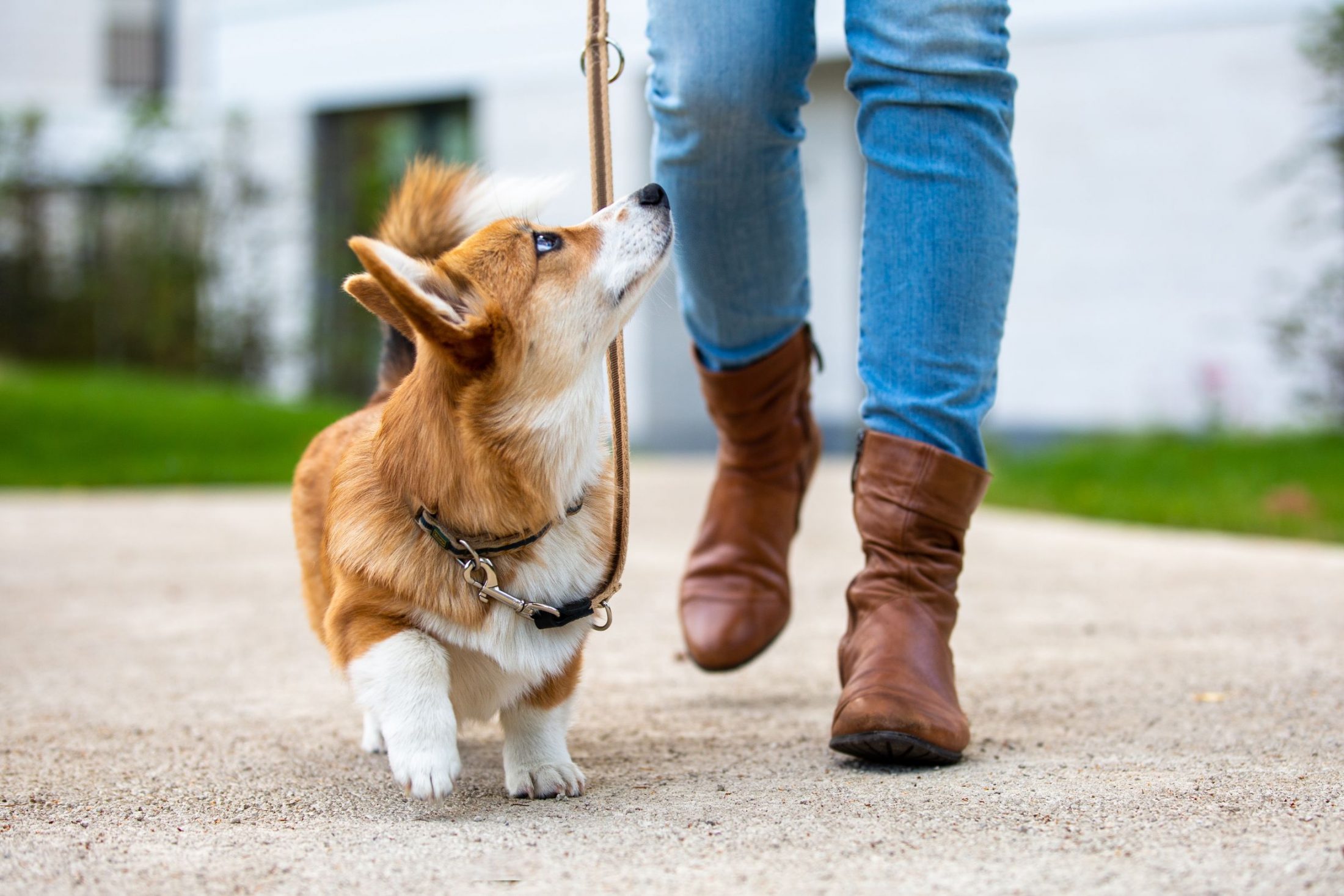 Although the actual number of dog bite related injuries is open to debate (many occurrences go unreported), it’s a good assumption that the number ranks in the thousands since there are nearly 80,000 household dogs in North America. Dog bites happen for a wide range of reasons, and any dog – no matter the breed – can bite.
Although the actual number of dog bite related injuries is open to debate (many occurrences go unreported), it’s a good assumption that the number ranks in the thousands since there are nearly 80,000 household dogs in North America. Dog bites happen for a wide range of reasons, and any dog – no matter the breed – can bite.
So what causes dog bites or canine aggression, and what dog bite prevention measures can you take to reduce the risk for everyone?
The Myth of the “Bad Breed”
One of the first misconceptions of dog bite prevention is that only certain dogs are dangerous (think of Ontario’s pit bull ban enacted in 2004). While some dog breeds are more prone to bite, training, socialization, and human behaviour are actually more important than size and strength.
Many dogs who bite, for example, suffer less from simple aggression as they do fear. Fear or anxiety can often prompt a dog to bite, as well as behavioural problems that have never been addressed (and sometimes are even reinforced), including resource guarding. Dogs who have never been properly trained and socialized are also much more likely to bite than those who are confident and well socialized.
In some cases, dogs will also become more aggressive when they’re in pain, are ill, or have limited vision/hearing, as is the case with many senior pets. This is why it’s so important to note any behavioural changes that arise and have your pet examined.
Dog Bite Prevention: What Can I Do?
As a responsible pet owner, there are many ways you can help raise a healthy, well-adjusted doggy:
- Make sure your dog has received training and socialization and responds to your commands. Even if you adopt an older dog, he or she can still learn! Call us for help.
- Provide enrichment and attention for your dog, including daily exercise – and never leave a dog chained in a yard (one of the primary causes of dog aggression).
- Dogs who are spayed or neutered are typically less likely to exhibit aggressive behaviors.
- Teach your kids how to safely interact with dogs (e.g., never approach an unfamiliar dog without permission, do not touch a dog who is eating, sleeping, or chewing, etc.).
- Never get between dogs who are fighting. Instead, seek help from animal control or get assistance from others by pulling the dogs apart by their hind legs. If it’s too dangerous, do not risk it.
- Learn the physical signs of possible aggression, including growling, baring teeth, and backing away.
If the team at Summeridge Animal Clinic can answer any questions about dog bite prevention or if your pet is experiencing behavioural challenges, please do not hesitate to give us a call.



